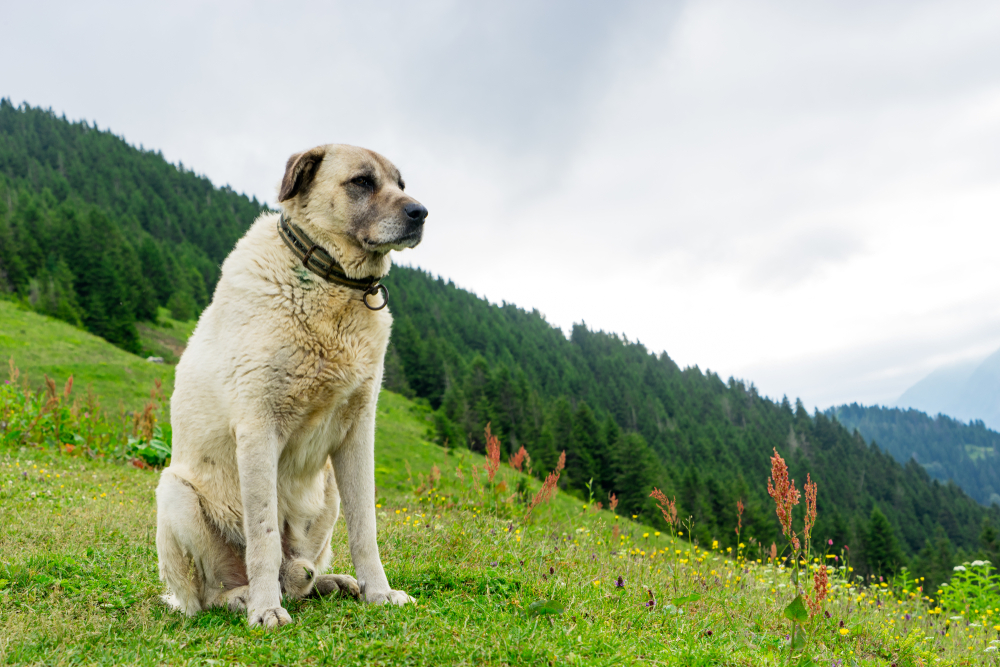
Introduction
Overview of Kangal Dogs
Kangal dogs, often hailed as one of the most impressive breeds, are renowned for their remarkable size, strength, and protective instincts. Originating from the Sivas province in Turkey, these dogs have been herding and guarding livestock for generations. With their characteristic short coat, broad heads, and powerful jaws, they are both stunning and formidable. Kangal dogs typically weigh between 90 to 150 pounds and stand about 28 to 32 inches tall at the shoulder, making them one of the largest dog breeds.
Their temperament is equally remarkable; they are known for being loyal, affectionate, and deeply committed to their families. While they can be protective of their territory and loved ones, they are also known to be gentle with children, making them excellent family companions.
Significance of Kangal Dogs in the Canine World
The Kangal dog plays a vital role in the canine world, particularly due to their unique positioning as livestock guardians. Here’s why their significance can’t be understated:
- Guardian Instincts: Renowned for their ability to protect livestock from predators, Kangals are invaluable in agricultural settings.
- Cultural Heritage: They symbolize strength and fidelity in Turkish culture, celebrated in folklore and national pride.
- Versatile Companions: Beyond their working attributes, Kangal dogs also thrive as devoted family pets, blending loyalty with affection.
In short, Kangal dogs encapsulate an extraordinary blend of power, loyalty, and beauty, securing their place not just in Turkey but also in hearts around the globe.
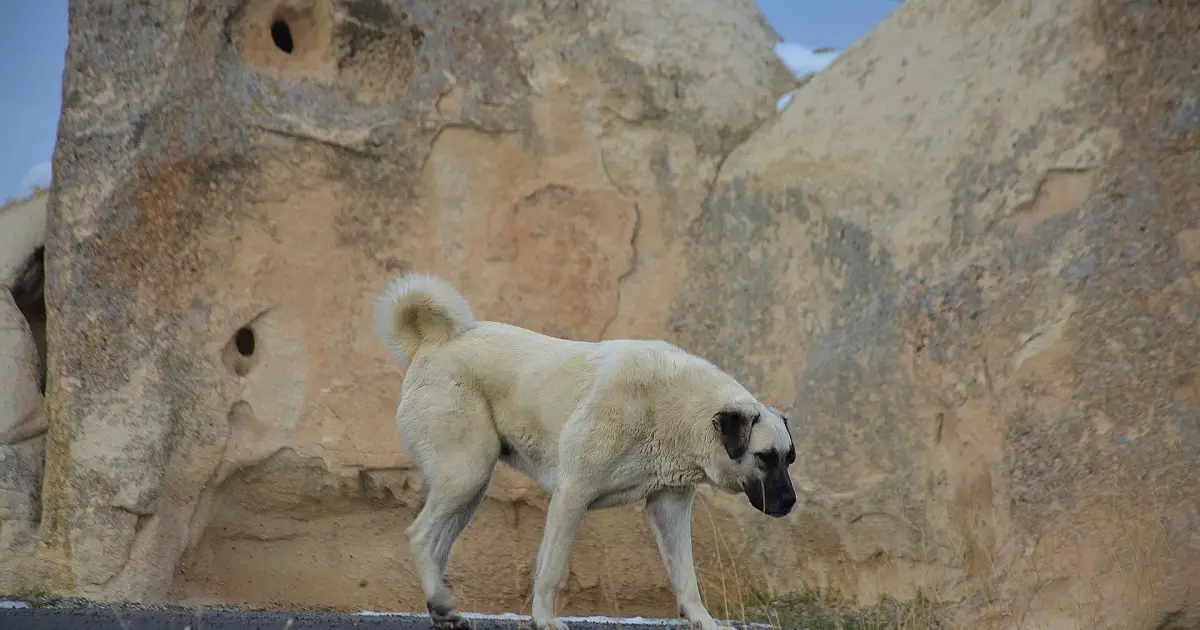
History and Origins of Kangal Dogs
Origins in Turkey
Kangal dogs have an illustrious lineage that traces back to Turkey, specifically the Sivas region, where they have been bred for centuries. Their name comes from the town of Kangal in Turkey, which is famed for producing these magnificent dogs. Historically, they were developed by local shepherds and nomadic tribes to serve as formidable protectors of livestock. The harsh terrains and diverse wildlife of Turkey played a crucial role in molding their characteristics.
Kangal dogs possess features specifically adapted for their role:
- Strong Build: Their muscular frame helps them fend off predators like wolves and bears.
- Intelligence: Known for their sharp minds, they can assess threats and act accordingly.
- Loyal Nature: Their bond with their human handlers is profound, making them devoted guardians.
Evolution of Kangal Dogs as Livestock Guardians
Over time, Kangal dogs evolved into one of the most effective livestock guardian breeds globally. Their instinctual protective behaviors and physical abilities made them indispensable to shepherds. Here’s a glimpse into their evolution:
- Adaptability: Kangals can thrive in diverse climates, which allows them to work effectively across Turkey’s varied landscapes.
- Training: Shepherds train them from a young age, exposing them to livestock handling and socialization, ensuring that they develop the right temperament for guarding.
- Cultural Significance: These dogs are not just seen as work animals; they are celebrated in Turkish culture, often regarded as symbols of loyalty and strength.
As they have evolved over the centuries, Kangal dogs have become iconic not only for their guarding prowess but also for their unwavering companionship, solidifying their status in households and farms alike.
Characteristics and Physical Attributes
Size and Appearance
The Kangal dog is a sight to behold, boasting a robust build and impressive stature. Originally bred for livestock guarding, they can weigh anywhere between 90 to 150 pounds, making them one of the largest breeds. Males typically stand 28 to 34 inches tall at the shoulder, while females are slightly smaller, ranging from 26 to 30 inches. Their distinctive short coat is usually a solid tan or yellow hue, complemented by a characteristic black mask and a bushy tail.
- Massive Frame: A well-built Kangal can easily intimidate potential predators, thanks to their strong musculature.
- Endurance: Their size and strength are matched by unmatched stamina, allowing them to patrol vast territories.
Their striking appearance and size make them both formidable guardians and loyal family companions.
Temperament and Behavioral Traits
Kangal dogs are renowned for their protective instincts and loyalty. They are naturally territorial and, when well-trained, are gentle with their families, especially children. Here are some key temperament traits:
- Loyal and Affectionate: Kangals form strong bonds, exhibiting a loving nature toward their human companions.
- Intelligent: These dogs are quick learners, making them highly trainable when given consistent guidance and socialization.
- Independent Thinkers: While they are loyal, their independent nature means they may not always follow commands blindly, especially when guarding.
Overall, Kangals blend strength with gentleness, making them ideal both as guardians and loving family dogs. Their sturdy build and affectionate disposition create a unique combination that ensures they hold a special place in many hearts.
Training and Socialization of Kangal Dogs
Importance of Training for Kangal Dogs
Training is crucial for Kangal dogs, not just for obedience but also for ensuring safety and stability in their behavior. Given their sizable stature and protective instinct, a well-trained Kangal can be both a formidable guardian and a loving family companion. Here’s why training should be a priority:
- Safety and Control: With their strength, a properly trained Kangal is easier to manage in various situations, ensuring that they respond appropriately to commands, particularly in public or around strangers.
- Reduced Behavioral Issues: Training helps curb potential aggression and excessive barking. By addressing these behaviors early, owners can prevent issues down the road.
- Enhanced Bonding: Engaging in training sessions fosters a deeper connection between the dog and its owner, leading to greater loyalty and companionship.
Socialization Techniques for Kangal Dogs
Socialization is equally essential, particularly for a breed known for its guarding instincts. Exposure to diverse environments and situations is key:
- Early Exposure: Start introducing your Kangal to various people, animals, and settings from a young age. This helps them become well-rounded adults.
- Positive Reinforcement: Use treats and praise to encourage good behavior. Rewarding positive interactions with other dogs and people strengthens their confidence.
- Enriching Activities: Engage them in dog parks or organized playdates, allowing them to interact with other dogs safely.
Socialization and training go hand-in-hand in shaping a Kangal’s behavior, transforming them into a well-adjusted member of the family. By committing to this important aspect of ownership, you ensure a fulfilling partnership with your Kangal dog that reflects their loyalty and strength.
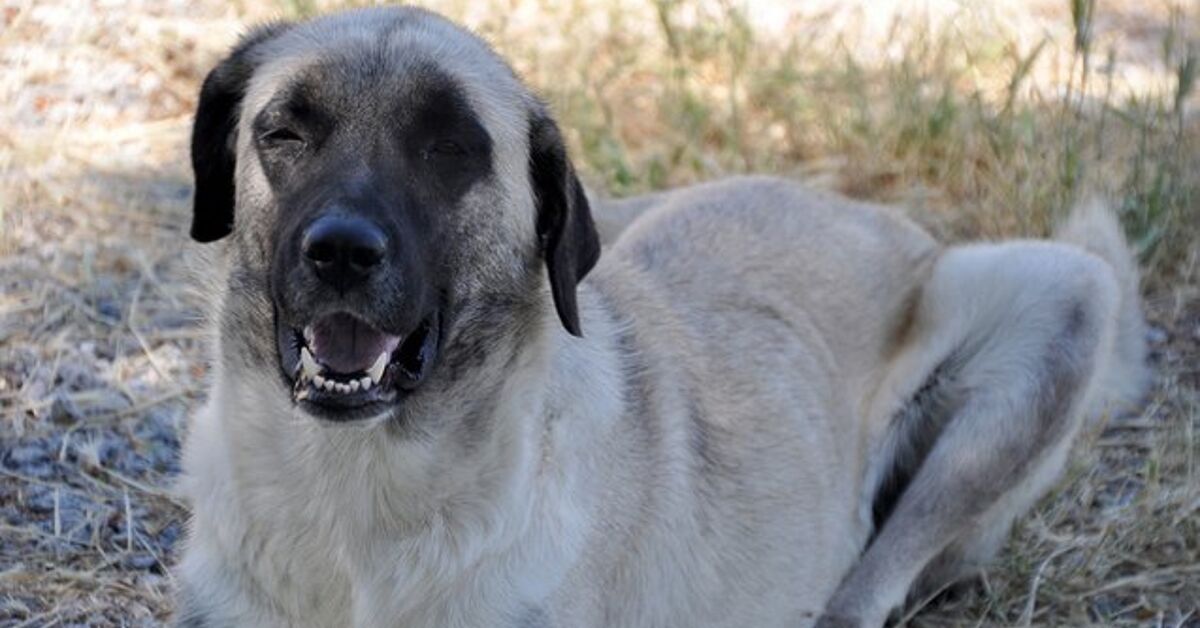
Health and Care Considerations
Common Health Issues in Kangal Dogs
Kangal dogs, despite their robust physique and strength, can be prone to several health issues, primarily due to their size and breed characteristics. It’s essential for prospective owners to be aware of these concerns:
- Hip Dysplasia: This is a common condition in larger breeds, including Kangals. It occurs when the hip joint doesn’t fit properly into the hip socket, potentially leading to pain and mobility issues.
- Bloat (Gastric Dilatation Volvulus): Large, deep-chested dogs like Kangals are at risk for bloat, which can be life-threatening. Symptoms include a distended abdomen and restlessness.
- Skin Conditions: Kangals can be susceptible to various skin issues, including allergies and parasitic infestations. Regular checks can help in early detection.
Regular veterinary check-ups can help ensure your Kangal remains healthy and happy.
Care and Grooming Needs of Kangal Dogs
Taking care of a Kangal goes beyond just ensuring they are healthy; it also involves grooming and socializing to maintain their overall well-being. Here’s what to consider:
- Diet: A balanced, high-protein diet is crucial for these active dogs. Consult with your vet to choose the best food based on their age, size, and activity level.
- Exercise: Daily walks and play sessions are essential as they thrive on physical activity. A secure yard is ideal for them to roam.
- Grooming: Their short coat is low-maintenance, requiring only occasional brushing to reduce shedding. Bathing should be done as needed to keep them clean.
By understanding and addressing these health and care considerations, Kangal dog owners can ensure a fulfilling and joyful relationship with their canine companion.
Cost Analysis of Kangal Dogs
Factors Influencing Price
Understanding the cost of Kangal dogs involves delving into several key factors that shape their pricing. Here are the primary elements to consider:
- Breeder Reputation: Ethical and reputable breeders often charge more for their puppies due to their investment in health testing and proper care. A trustworthy breeder will prioritize the well-being and socialization of their dogs.
- Age: Puppies typically range from ₹60,000 to ₹150,000, while adult Kangal dogs can cost between ₹1,500 to ₹5,000, reflecting the additional training and care puppies require.
- Bloodline: Dogs with champion bloodlines tend to have higher prices due to their desirable genetic traits, making them sought after by enthusiasts and breeders alike.
- Location: Prices may vary significantly depending on the geographical area. Major cities, like Delhi and Mumbai, often see higher costs compared to rural regions, where the demand may be lower.
These factors intertwine to create the final price that potential owners will face.
Comparing Costs of Kangal Dogs to Other Breeds
When evaluating the cost of Kangal dogs, it’s essential to compare them to other breeds. On average, Kangal puppies fall within the $1,000 to $3,000 range, while adult dogs can go from $1,500 to $5,000 or more. Compared to breeds like the German Shepherd or Labrador Retriever, which can cost similarly, Kangals are unique in their size and guarding capabilities.
- Maintenance Costs: Beyond initial purchase prices, consider ongoing expenses such as food (₹5,000 to ₹10,000 per month), veterinary care, and training. These elements make Kangal ownership comparable to that of larger, more demanding breeds.
In summary, while Kangals may have a higher upfront cost, their distinctive traits and capabilities offer substantial value for those seeking dedicated guardians and companions.
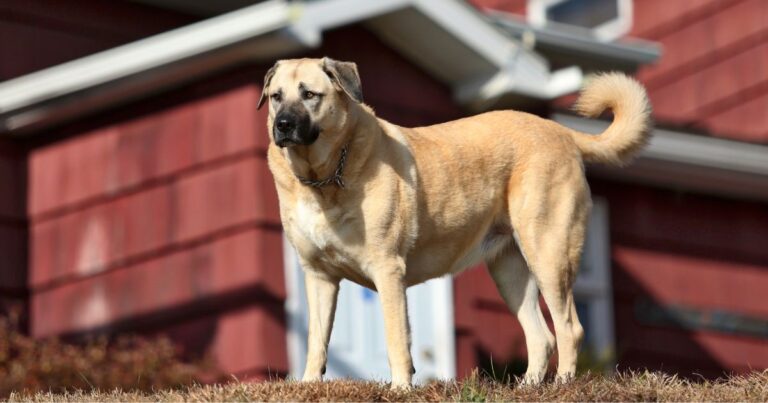
Are Kangal Dogs Worth the Price Tag?
Benefits of Owning a Kangal Dog
Kangal dogs bring a wealth of benefits to their owners, justifying their price tag. These majestic and powerful animals are renowned for their protective instincts, making them excellent guardians for families and properties. Here are some of the standout advantages of owning a Kangal:
- Strong Protectors: Bred to guard livestock against large predators, their instinctual abilities make them vigilant protectors of families and homes.
- Loyal Companions: Kangals are known for their loyalty and affectionate nature, forming deep bonds with their families.
- Adaptability: While they thrive in large spaces, Kangals can adapt well to various environments as long as they receive ample exercise and attention.
Owning a Kangal means having a steadfast buddy who can provide both companionship and security.
Evaluating the Value Proposition
When considering the price of a Kangal, it’s essential to evaluate the overall value they bring. The initial investment for a Kangal puppy can range from $1,000 to $3,000, depending on factors like bloodline and breeder reputation.
- Long-Term Investment: While the upfront costs may seem high, Kangal dogs can save money in the long run by potentially reducing the need for extensive home security systems.
- Health Benefits: Many reputable breeders ensure that pups come with health guarantees, reducing future veterinary costs.
In summary, the combination of loyalty, protective prowess, and their long-term cost-effectiveness makes Kangal dogs a worthy investment for those ready to embrace the responsibility of ownership.
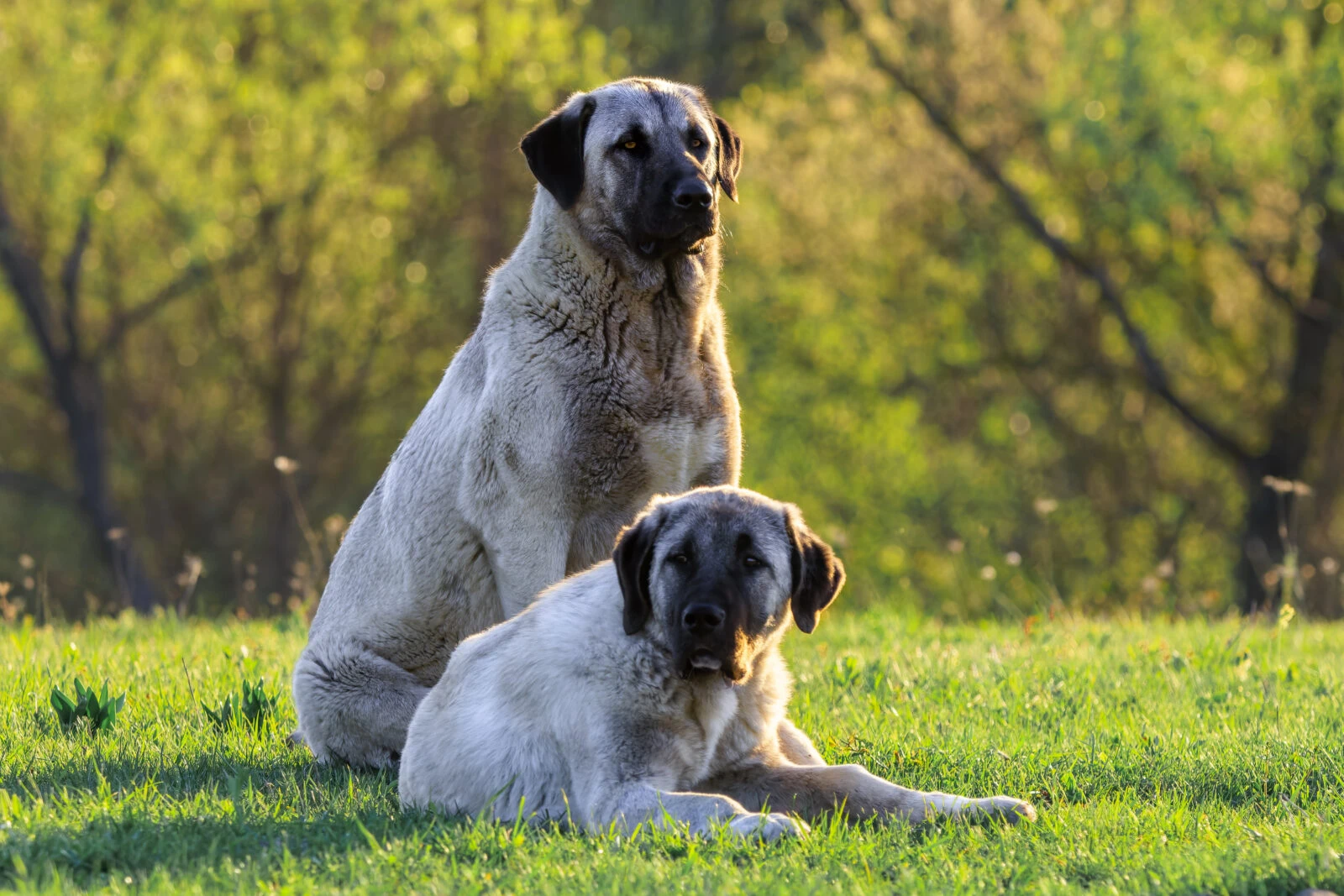
Conclusion
Recap of Kangal Dogs’ Characteristics and Costs
Kangal dogs are remarkable creatures, celebrated for their impressive size, strength, and unmatched loyalty. Originating from Turkey, these dogs serve as reliable guardians, with an ability to protect both livestock and family. Their average price ranges from ₹60,000 to ₹150,000 for puppies, while adult dogs may cost between ₹1,500 and ₹5,000 or more. Several factors influence these prices, including breeder reputation, age, bloodline, training, and location.
Key takeaways include:
- Kangal puppies require extra training and socialization, which can add to their overall cost.
- Dogs from champion bloodlines tend to be pricier due to their superior genetics.
- The demand and availability of Kangals can vary by region, further affecting price.
Final Verdict on the Worth of Kangal Dogs
Ultimately, investing in a Kangal is about more than just the upfront costs; it encompasses the deep bond and security they bring into a home. For those prepared to commit time and resources, the Kangal dog offers immense loyalty, protection, and companionship. Their unique combination of attributes can make them a worthy addition to any family seeking a devoted guardian. As such, Kangal dogs are not merely pets; they become cherished family members.

Leave a Reply